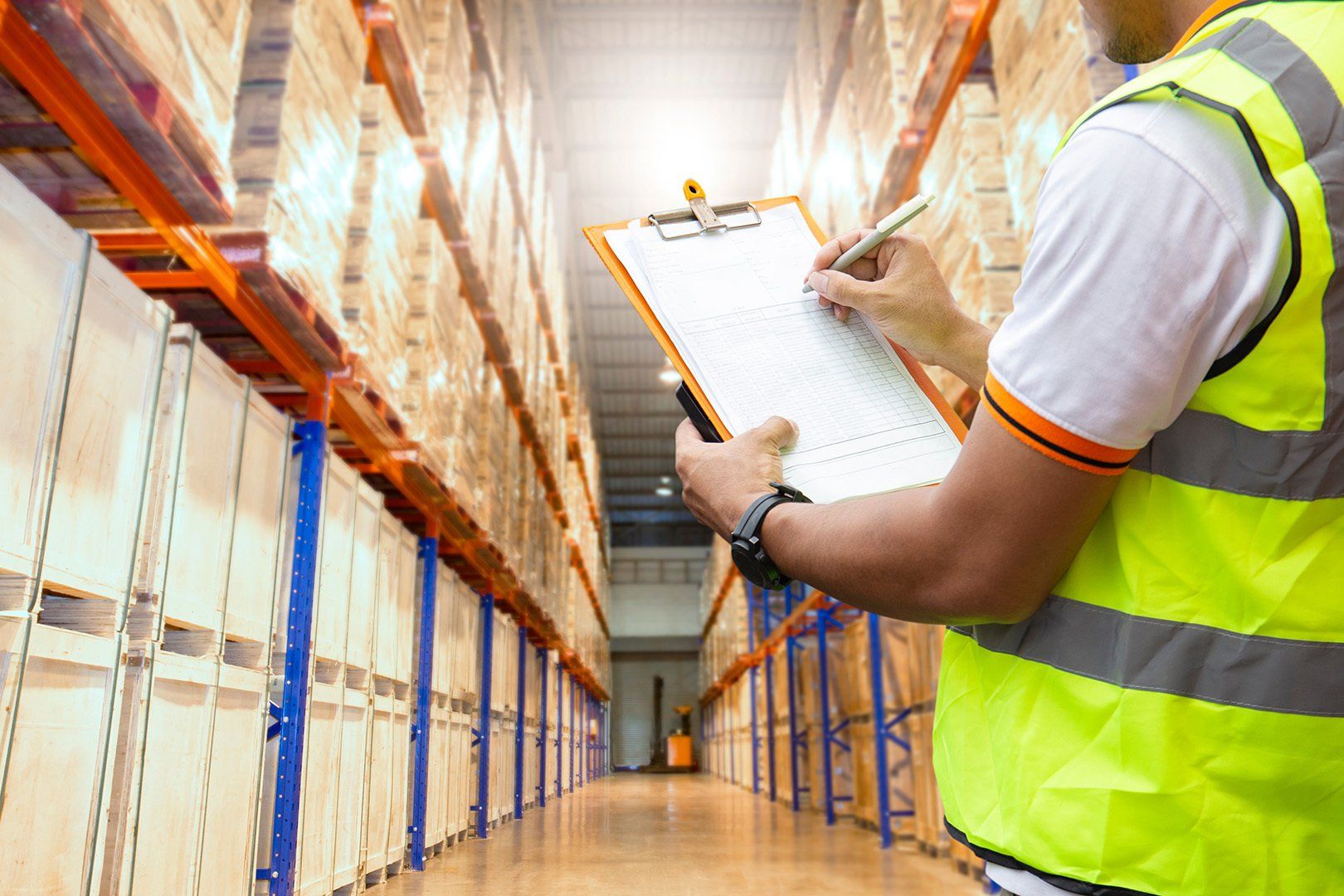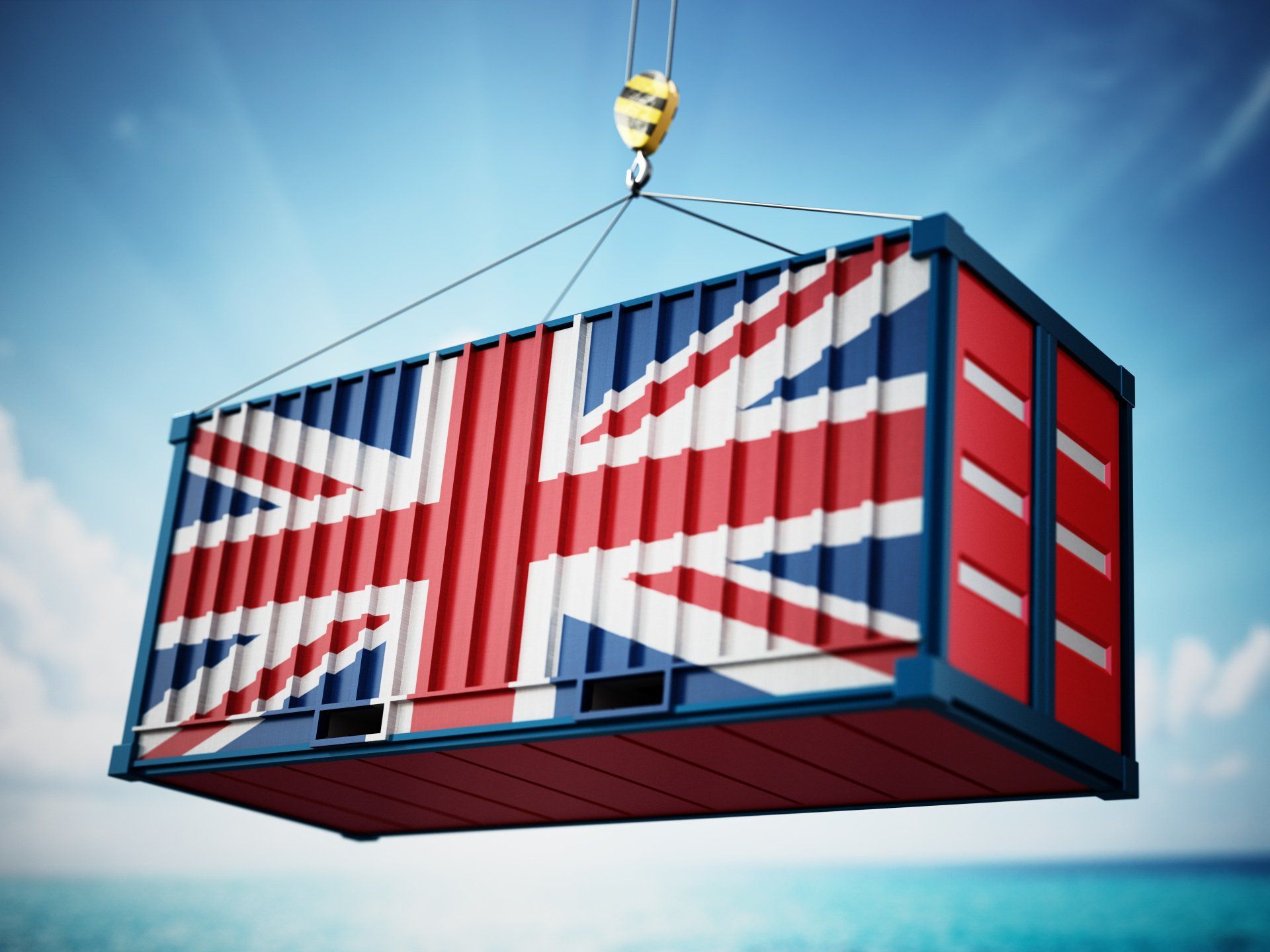What Is Import Duty?
In the UK, there's no specific tax called import duty. However, if you purchase goods from abroad, you might need to pay a number of different taxes and duties, depending on the nature of the goods and where you purchased them from. So here is a quick breakdown of what import duty is, how much it is, how it's calculated, if you need to pay it and if so, how you go about paying it.
What Is Import Duty?
Import duty (also known as customs duty, tariff, import tax or import tariff) is a tax collected on imports and some exports by a country's customs authorities. The goods' value usually dictates the import duty.
For businesses based in Great Britain, Import Duty will apply to goods entering from anywhere outside the UK, and for businesses in Northern Ireland, Import Duty will apply for goods entering from outside the UK and the EU.
In the United States, Customs uses the Harmonised Tariff Schedule (HTS) code to determine the correct rate. For consumers, the price they pay includes duty costs.
How Much Is Import Duty?
The amount you pay in Import Duty depends on whether the item is considered a gift and how much the item is worth. You can receive any goods worth under £135 without paying Import Duty. If you receive a gift valued between £135 and £630, the pay rate is usually 2.5%. If you receive a gift worth more than £630 or anything else worth more than £135, you’ll need to contact HMRC to find out the specific rate.
How Is Import Duty Calculated?
Import Duty is calculated as a percentage of the goods’ total value, which includes both the price paid for the goods themselves and additional costs such as postage, packing, and insurance. Even if you paid for the goods in a foreign currency, Import Duty will be charged in British pounds. HMRC has extensive guidelines for currency conversion and Import Duty, as well as specific rules that outline when you can use a fixed exchange rate.
Do I Need To Pay Import Duty in the UK?
We've broken down the amount you have to pay above but if you're uncertain, visit the GOV website or contact HMRC to see if you have to pay the Import Duty on your goods.
If you do, you’ll be contacted by Royal Mail, Parcelforce or the courier company to pay any VAT, duty or delivery charges (‘handling fees’) to receive your goods. They will send you a bill breaking down exactly which fees you need to pay and when you need to pay them.
How Do You Pay Import Duty?
If you buy goods from abroad, anything you import will have to go through customs checks. Once your goods are received by the relevant authorities, they’ll be checked to determine how much tax or duty you need to pay and whether the products are banned or restricted.
If you’re liable for Import Duty, as mentioned above, you’ll be contacted by the delivery or courier service handling your goods to explain how to pay. You will not be able to receive your goods until you’ve paid the relevant duty and VAT.
However, after Brexit, you can also defer your duties to pay monthly or postpone your VAT rather than paying it immediately. You can find more information about these options contact HMRC or visit the website.
NOTE: As an individual, you must declare goods bought to the UK if they exceed your duty-free allowance or if they are banned or restricted. As a business, you must declare all goods that you bring into the UK to sell to others.














